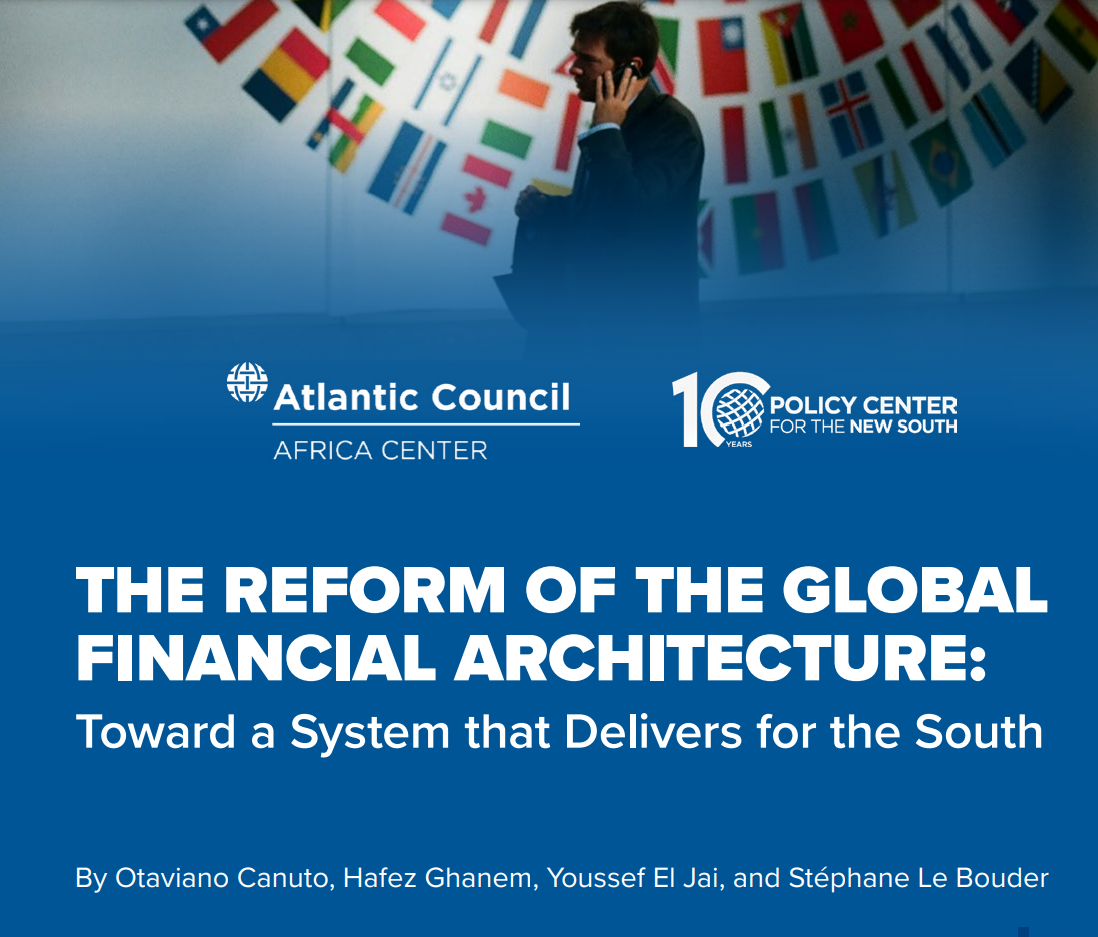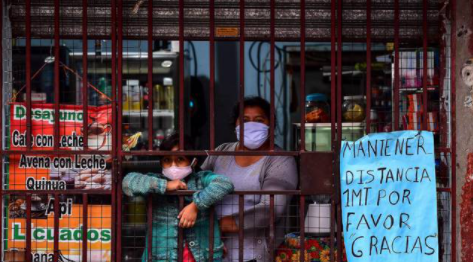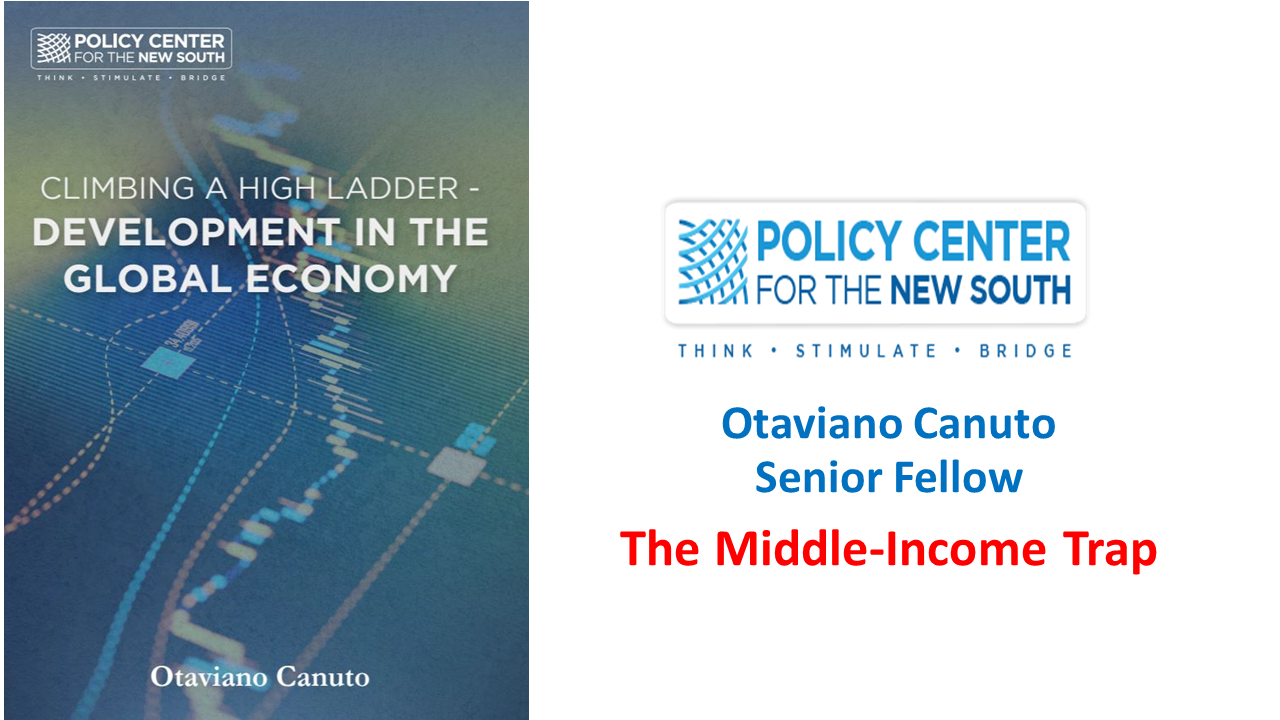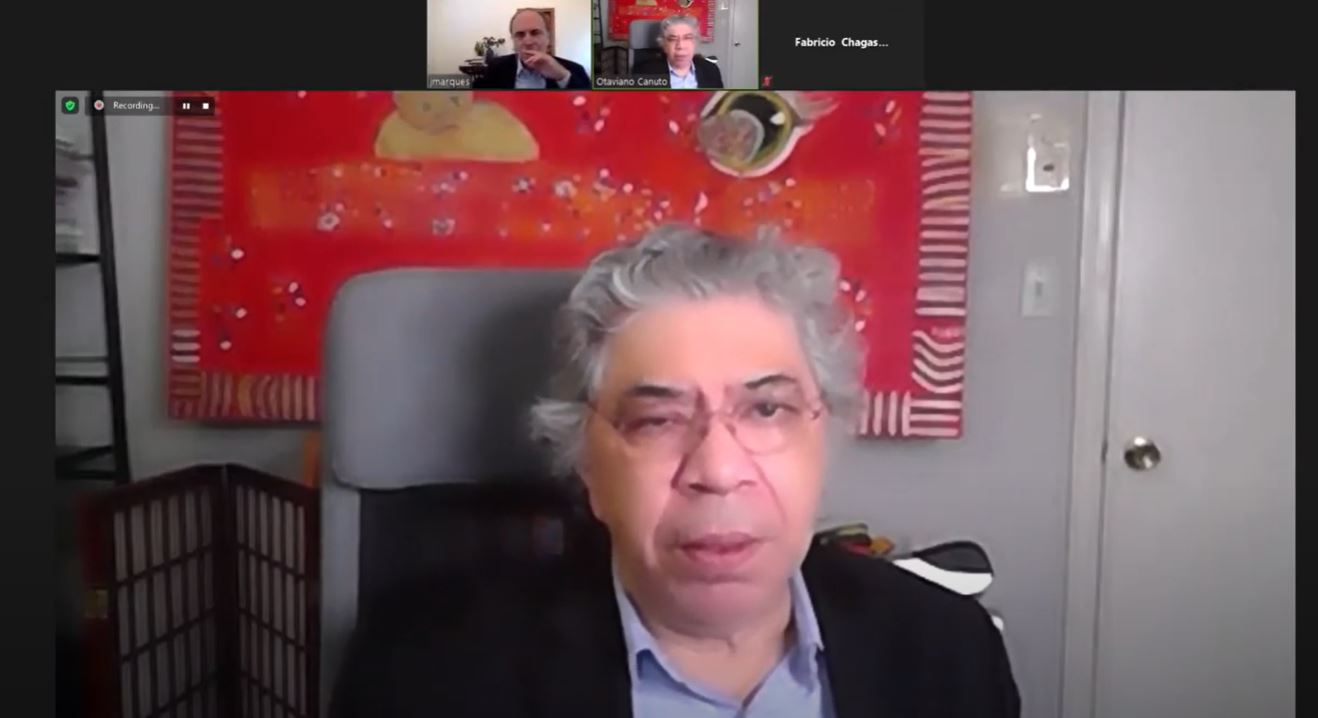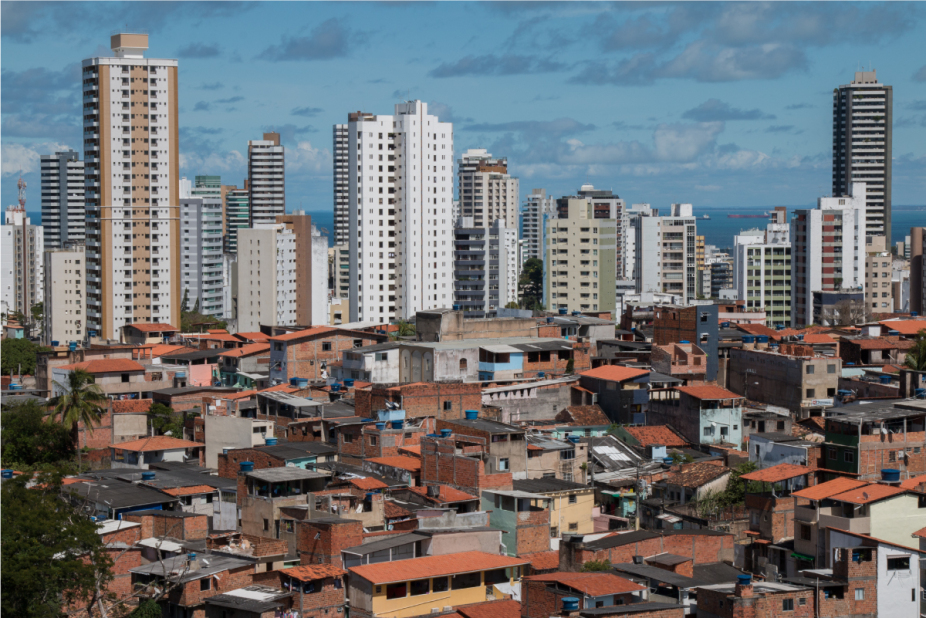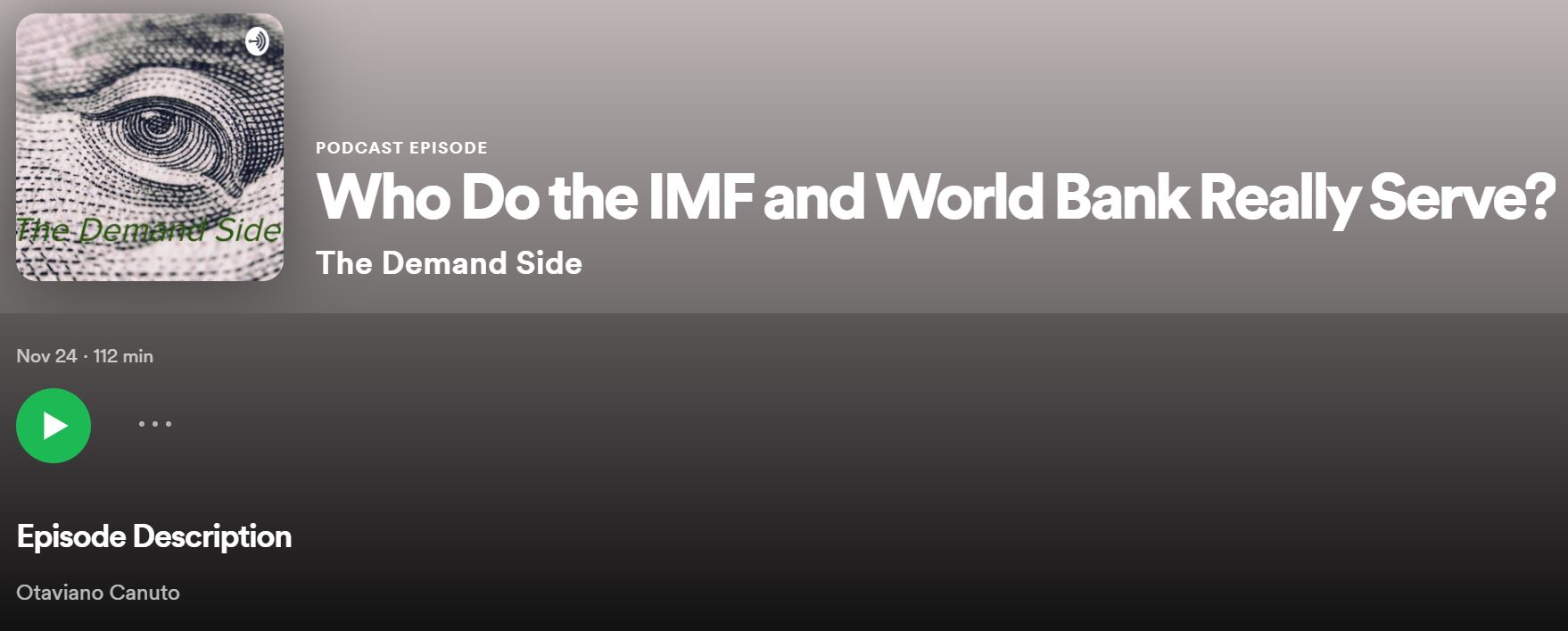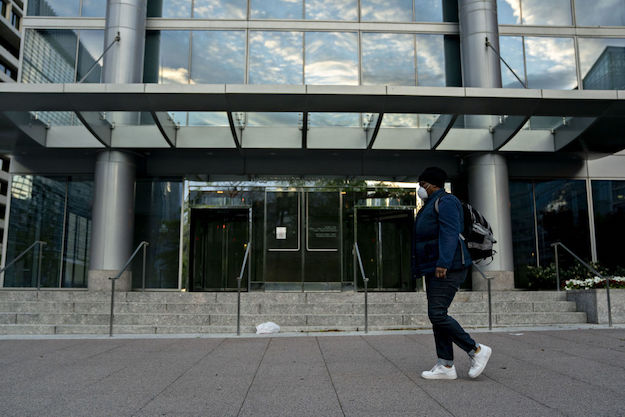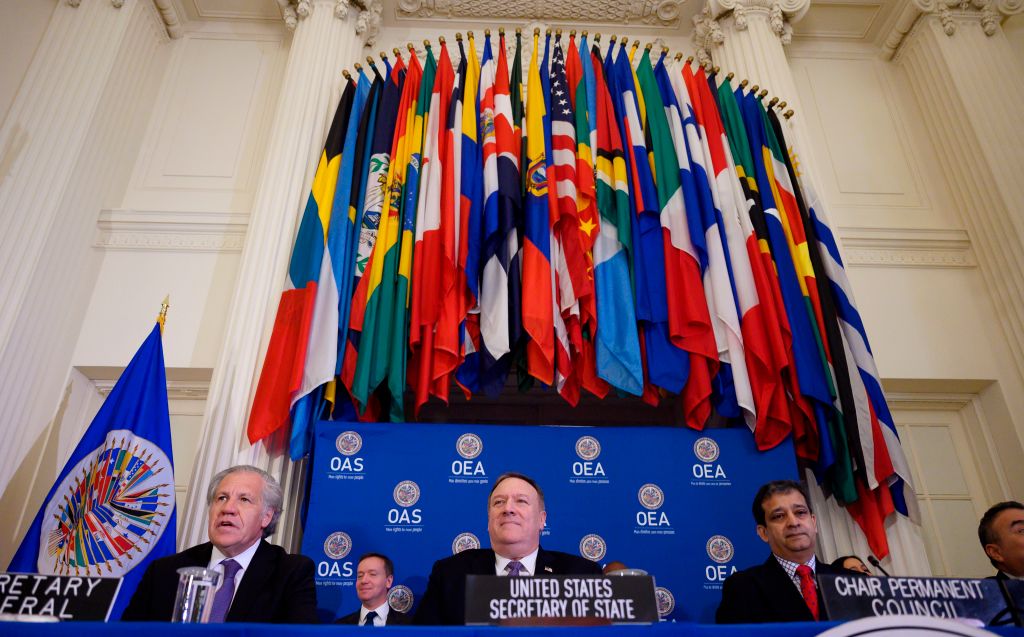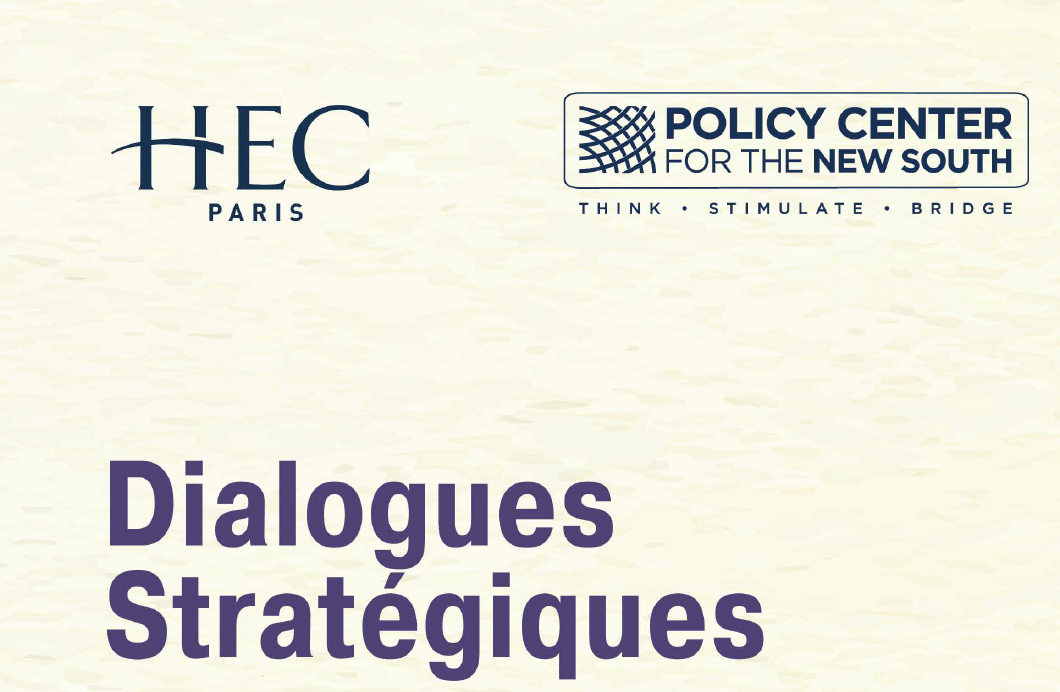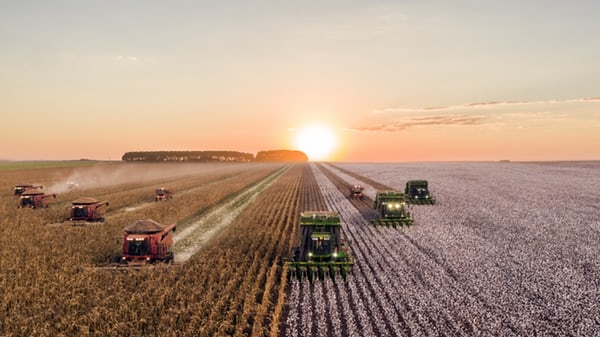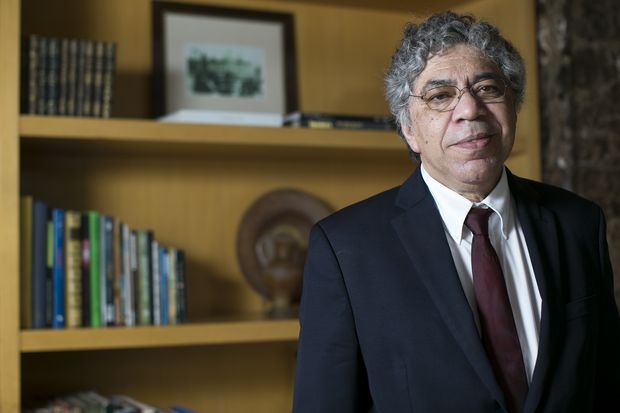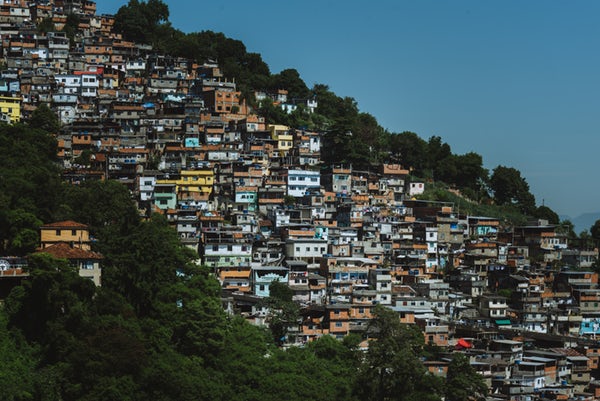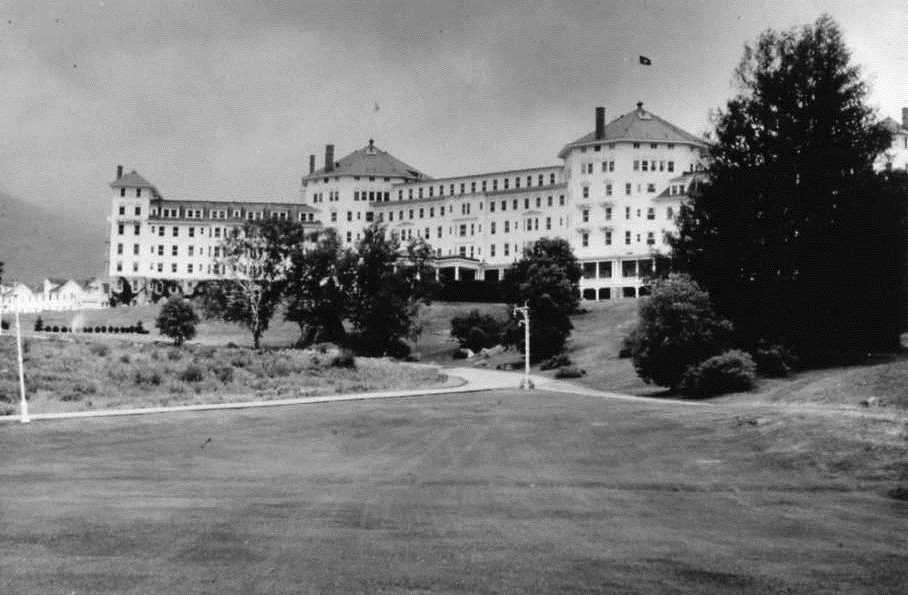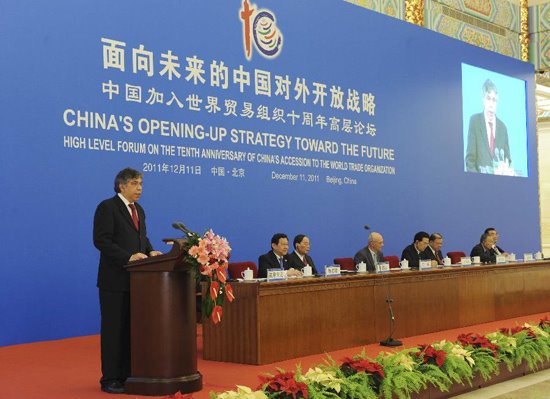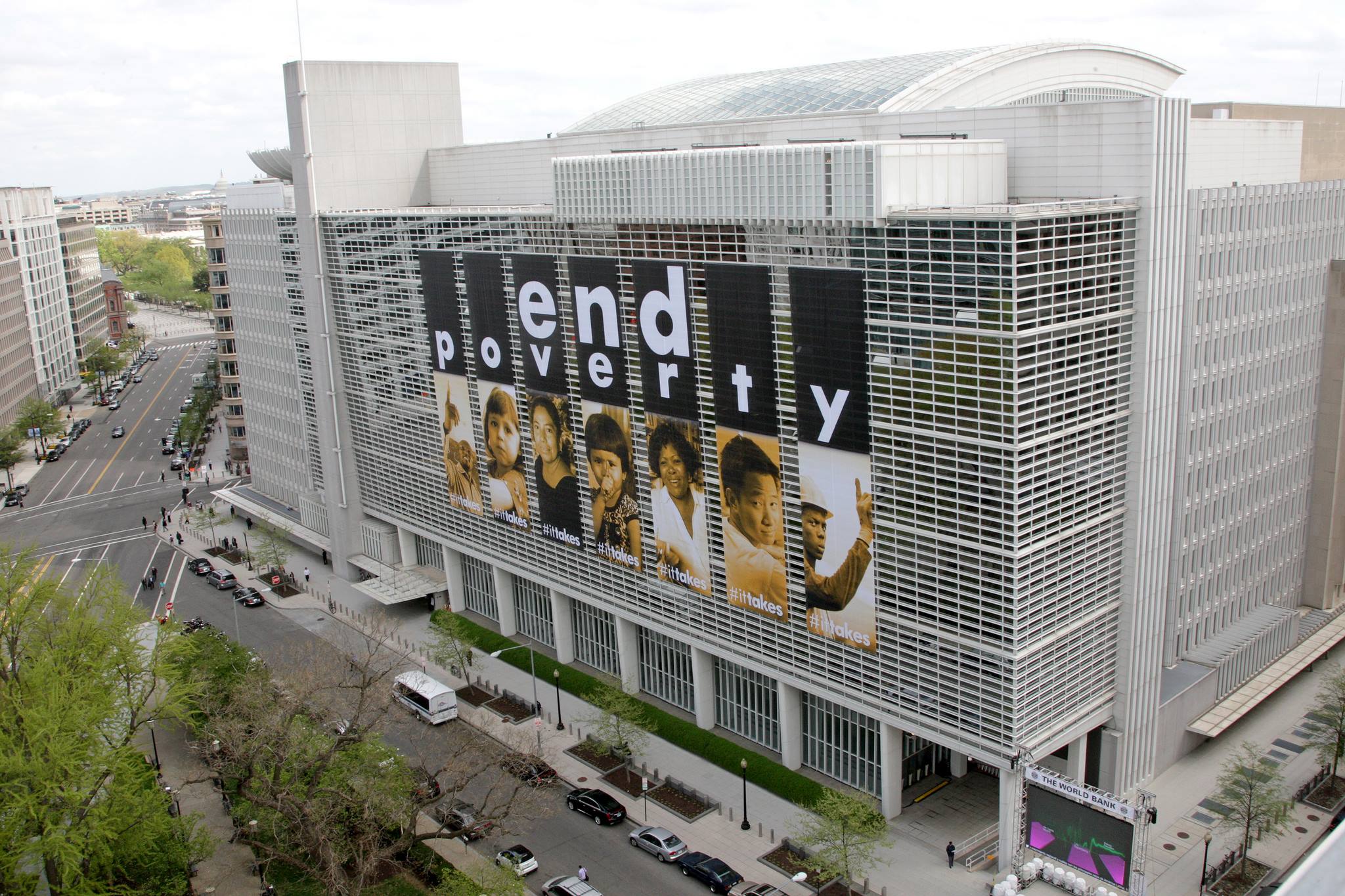The Reform of the Global Financial Architecture: Toward a System that Delivers for the South
The Policy Center for the New South and the Atlantic Council Africa Center have jointly released a report on “The Reform of the Global Financial Architecture: Toward a System that Delivers for the South,” by Otaviano Canuto, Hafez Ghanem, Youssef El Jai, and Stéphane Le Bouder. This report issues specific and urgent calls for reform, including more representative global governance, increasing the World Bank’s operational and financial capacity, prioritizing programs that would integrate Africa into the global economy, connecting the continent’s critical infrastructure and trade routes, and increasing participation and collaboration with bilateral public and private lenders and investors, such as China, sovereign wealth funds, and multinationals. 2024 marks eighty years of the Bretton Woods system. It is crucial to implement extensive reforms and substantial policies to support African nations’ efforts and maximize their chances to unleash their immense economic potential. These recommendations presented during the 2024 IMF-World Bank Spring Meetings reflect the urgency of both operational and more inclusive reforms for the African continent.

